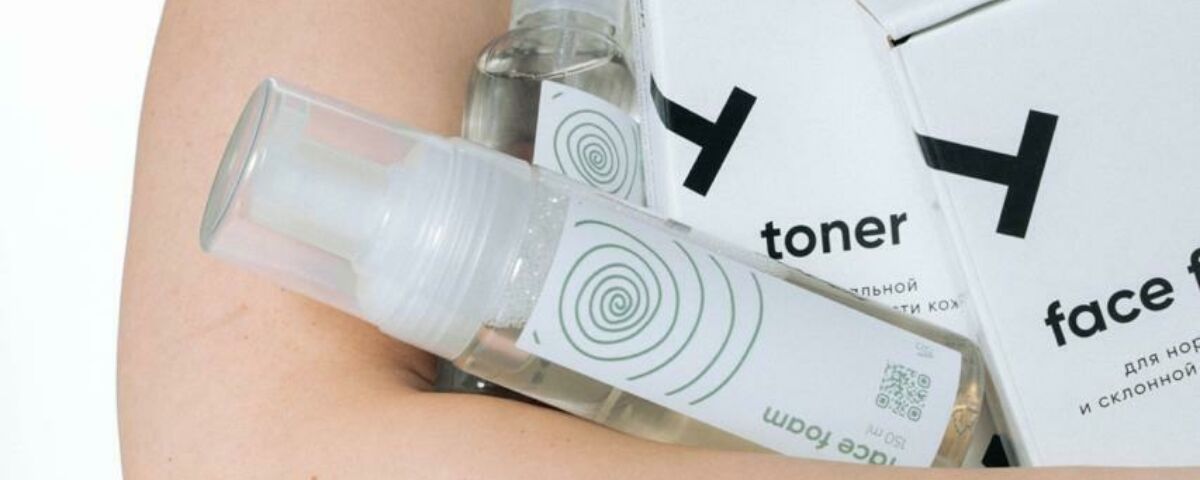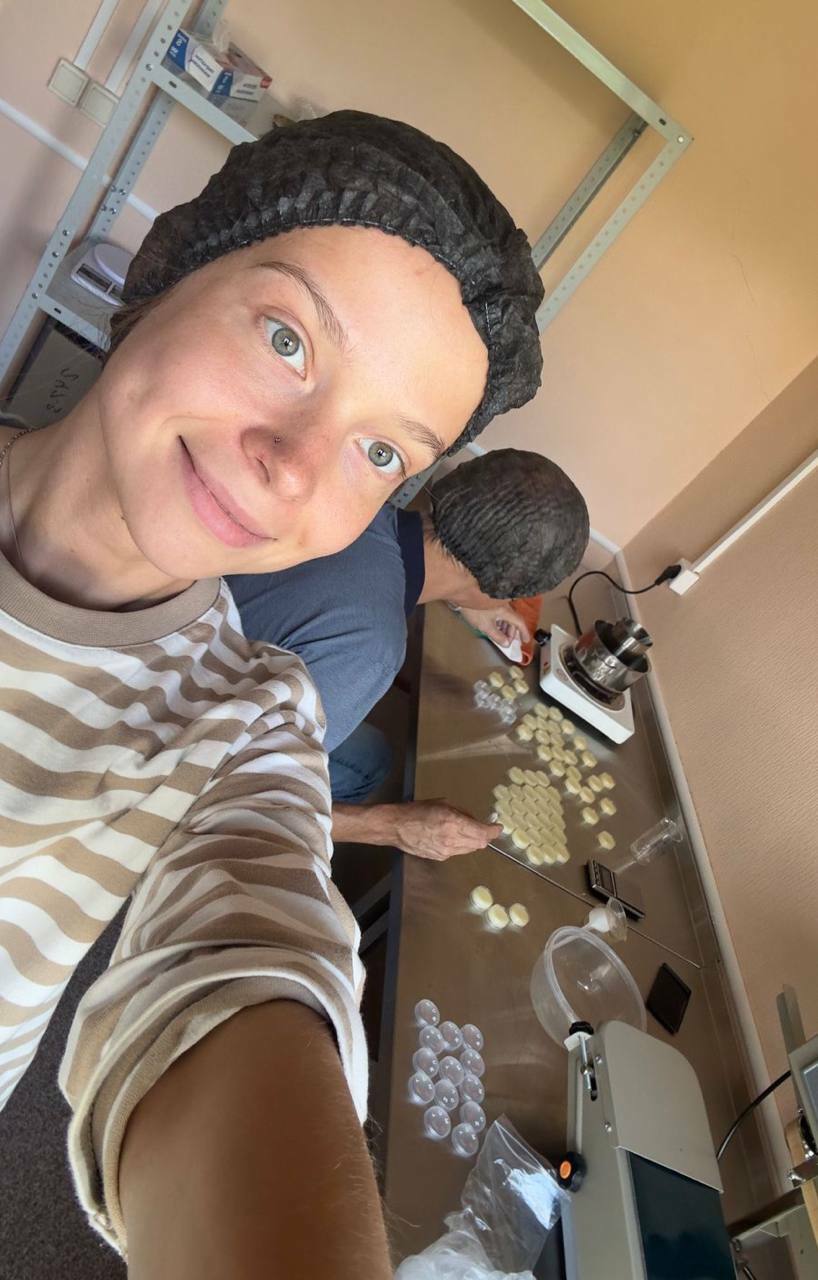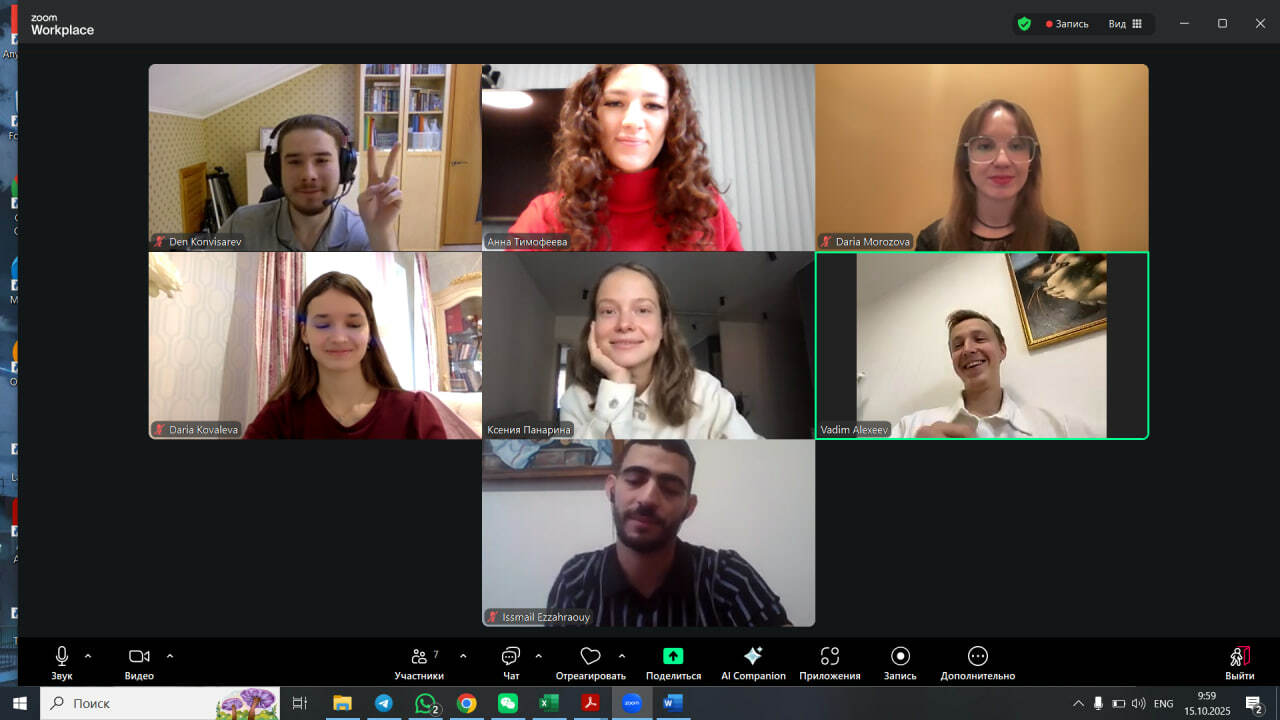



Keep this story going! Share below!
OMUT’s innovation lies in combining biotechnology with sustainable skincare to create products that are both effective and environmentally responsible. By developing probiotic-based skincare in collaboration with local laboratories, the company integrates scientific research directly into its production. At the same time, it applies circular economy principles by using by-products from other industries, recyclable packaging, and sourcing all materials within Russia. This approach supports SDG 12: Responsible Consumption and Production as its primary focus, while also contributing to SDG 9: Industry, Innovation, and Infrastructure and SDG 17: Partnerships for the Goals.
OMUT’s innovation is a holistic model built on circular economy principles and local integration. The founder, Kseniia Panarina, was inspired after observing food industry waste: “Not everything from cedar nut oil went into the food industry… I thought, it’s not logical, so much product was thrown away.” Today, OMUT transforms cedar oil by-products into valuable skincare products, while also using probiotic lysates developed by a local laboratory in Tomsk, Russia — turning waste into solutions for skin health and supporting regional science.
A cornerstone of OMUT’s model is its transparent, localized supply chain. All ingredients and packaging are sourced within Russia to reduce environmental impact. As Kseniia emphasizes: “We use Russian-made ingredients, we also find all the packaging in Russia… to ensure that the external environment was traumatized as little as possible.” This cuts the carbon footprint of logistics and strengthens domestic suppliers. OMUT also engages students from Tomsk universities such as Tomsk State University (TSU) and Tomsk State University of Control Systems and Radioelectronics (TSUCSR) for internships in marketing and business operations, offering hands-on experience in sustainable enterprise.
OMUT’s innovation also extends into the cultural sphere, where it actively promotes and preserves Siberian culture and heritage. Collaborating with local Tomsk designers, the brand incorporates a unique “Siberian code” into its packaging and visual identity — moving beyond clichés to create an authentic, modern representation of the region. This initiative reflects SDG 17: Partnerships for the Goals, showing how creative collaboration can advance sustainability. By uniting local craftsmanship with waste reduction and community engagement, OMUT offers a replicable blueprint for businesses that are not only commercially viable, but also environmentally responsible and culturally enriching.

The inspiration for OMUT, and for integrating sustainability into a skincare brand, came from founder Kseniia Panarina’s deep personal connection to environmental care and social responsibility. As she explains: “The foundation of my activity was precisely sustainable development — the idea of caring for ecology and creating the right, useful products.
Her professional background as a quality engineer exposed her to the issue of resource waste in production processes. She recalls: “So much product… just sitting there abandoned and somehow waiting for its moment, but what moment is unclear.” This realization motivated her to study circular economy principles and explore how international companies closed production loops. As Kseniia Panarina emphasized: “I was inspired by the stories of foreign companies where a closed-loop production is organized… and I began to study this topic.”
But Kseniia’s vision extended beyond environmental concerns. She emphasized the importance of local sourcing and social inclusion: “We use ingredients and packaging produced in Russia to minimize logistics impact and support local suppliers.” Her approach reflects both pragmatism and conviction. As she explains: “Sustainability is not against business — on the contrary, sometimes you can save and even earn thanks for it.” This combination of personal conviction and pragmatic innovation shaped OMUT’s SDG-inspired business model.
OMUT's innovation demonstrates that business success and environmental care can coexist harmoniously. By producing eco-friendly skincare products from local resources, the brand shows how entrepreneurship can improve wellbeing while minimising harm to the planet. This innovation has positioned OMUT as a role model for responsible entrepreneurship in Russia’s emerging sustainable beauty industry.
In the short term, OMUT has attracted customers who share its philosophy of “being friends with the skin and the planet.” Sales and brand recognition have grown, especially on social media, where eco-conscious consumers are drawn to its message. In the long term, OMUT fosters cultural and environmental awareness, inspiring other entrepreneurs to adopt sustainable practices. Partnerships with Tomsk universities also spark interest among students to create their own green projects.
Concrete evidence of this impact appears in both financial and non-financial indicators. OMUT shows strong customer loyalty and higher lifetime value (LTV) metrics. Clients also provide consistent feedback, often asking about recycling options in their neighbourhoods. These interactions reveal a shift in customer behaviour toward sustainable choices. As a result, OMUT’s innovations not only strengthen the company’s performance but also generate positive social and environmental change.
The innovation benefits the business primarily by positioning OMUT as a distinctive brand in the competitive Russian cosmetics market, thanks to its commitment to sustainability and local sourcing. Kseniia Panarina has built the company around Russian-made ingredients and packaging to reduce logistical impact and support domestic suppliers. As she explains: “The idea was to build everything in Russia, so that the supply chain is transparent and sustainable.” This focus is grounded in circular economy principles that reduce carbon emissions and appeal to consumers who increasingly seek products with clear environmental and social value. Moreover, innovative ingredients such as probiotic bacterial lysates sourced from a local Tomsk laboratory and cedar nut oil by-products highlight OMUT’s dedication to sustainability and innovation. As a result, the brand earns consumer trust and justifies a premium price, since purchases align with broader environmental goals and contribute to fighting climate change under SDG 13.
Moreover, OMUT’s internal management model, called “clientocracy,” is equally crucial. The model organizes autonomous teams to respond directly to client needs rather than relying on centralized hierarchies. As Kseniia explains: “We want to make decisions quickly and involve teams that understand client pains deeply.” This approach fosters a culture of responsibility and creativity that empowers employees, boosting both retention and performance. Despite marketing challenges, OMUT has achieved encouraging results such as growing repeat purchases and increasing lifetime value. This proves that combining innovative, sustainable products with a client-focused culture opens doors to partnerships and investments.In short, this synergy strengthens OMUT’s market position, drives revenue growth, and builds resilience to changing market dynamics, showing that sustainability is a powerful business driver.
OMUT’s innovation significantly impacts society and the environment by embedding sustainability into every aspect of its production and operations. As the founder, Kseniia Panarina, explains: “We tried as much as possible to pay attention to logistics so that the external environment is as little as possible traumatized by transporting products, ingredients, and packaging.” By using exclusively Russian-sourced ingredients and recyclable packaging, OMUT reduces the environmental burden of long-distance logistics while supporting local manufacturers. This localized approach not only minimizes carbon emissions typically associated with global supply chains but also advances green economic development in Russia.
Another notable innovation is OMUT’s collaboration with scientific laboratories in Tomsk to develop probiotic bacterial lysates—an ingredient that was largely imported until recently. As Kseniia highlights: “It was unexpected for me that there was local production of such ingredients, and partnering with them allowed us to create several products with this unique component.” This breakthrough exemplifies circular economy principles by transforming agricultural and industrial by-products into valuable cosmetic components, thereby reducing waste across the supply chain.
Beyond environmental benefits, OMUT actively promotes social responsibility through continuous engagement with local universities and youth. Kseniia shares passionately: “I actively go to local universities to talk about sustainable development and inspire young people to create sustainable projects.” This fosters a culture of environmental awareness and social accountability. Moreover, OMUT celebrates Siberian heritage by collaborating with local artisans and designers who incorporate traditional Siberian motifs into packaging and product aesthetics. This cultural integration strengthens community pride and preserves regional identity. Ultimately, OMUT demonstrates how business innovation can drive societal and environmental change that goes far beyond commercial success by combining ecological preservation, social empowerment, and cultural values.
Get stories of positive business innovations from around the world delivered right to your inbox.
Kseniia Panarina, Founder & CEO


OMUT is a sustainable skincare brand founded in Tomsk, Russia, in 2023 by Kseniia Panarina. The company produces natural, dermatologically tested skincare products made with locally sourced ingredients and packaged in recyclable plastic. By working with regional laboratories and recycling initiatives, OMUT combines simple, effective skincare with an environmentally conscious philosophy: to care for both the skin and the planet.